News

Apr 10, 2025
Q&A: Can artificial intelligence growth and sustainability go hand in hand?
Optimizing AI to use less energy and protect the environment
Full Article
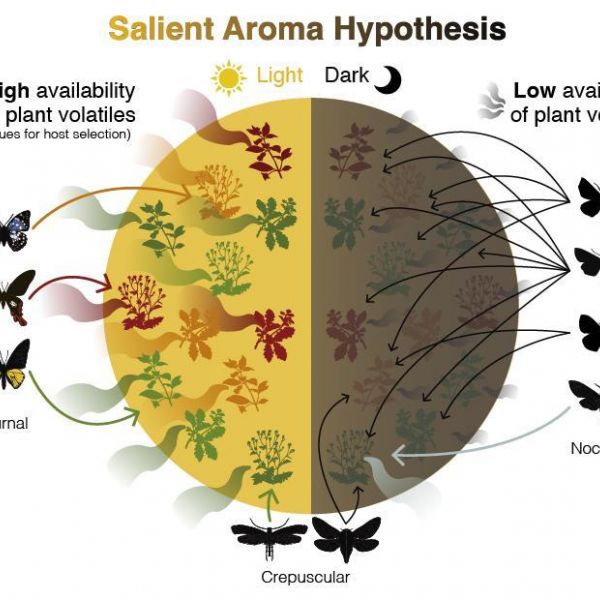
Apr 04, 2025
Picky eaters by day, buffet by night: Butterfly, moth diets sync to plant aromas
In a recent study published in the journal Proceedings of the Royal Society B, an international team of researchers tested a new hypothesis for why some Lepidoptera have very specific diets, feeding on only a few types of plants, while others are far less picky.
Full Article

Mar 31, 2025
Machtinger harnesses the power of collaboration to solve complex problems
Erika Machtinger is a veterinary entomologist whose work impacts wildlife, agriculture, industry, and public health across the U.S. Her efforts hinge upon the unique, interdisciplinary ecosystem of researchers and resources at Penn State.
Full Article

Mar 24, 2025
Insecticides may contribute to bigger problems with certain weeds
Insecticides may help growers hoping to protect their crops from harmful insects, but they also may contribute to a larger amount of some weeds, according to a study led by researchers at Penn State.
Full Article
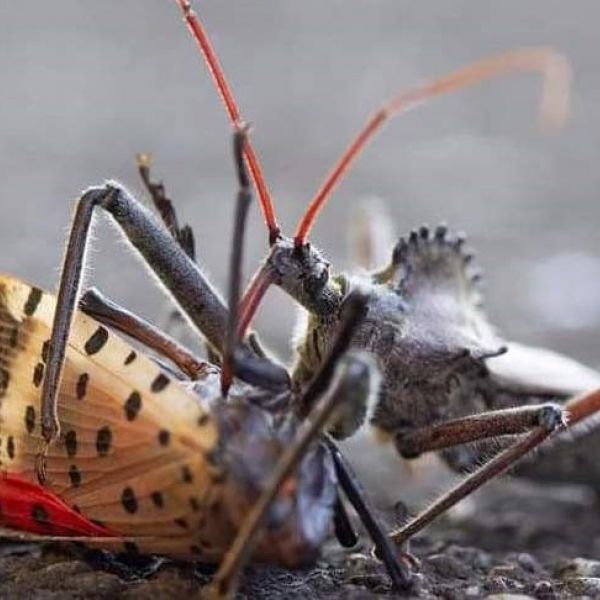
Mar 17, 2025
Natural insect predators may serve as allies in spotted lanternfly battle
Insect predators found in the United States could help keep spotted lanternfly populations in check while potentially reducing reliance on chemical control methods, according to a new study conducted by researchers at Penn State.
Full Article
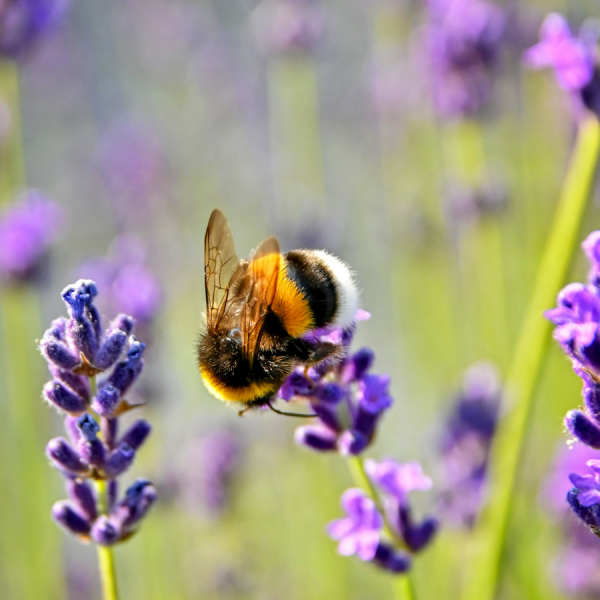
Mar 12, 2025
Analyzing genetic ‘signatures’ may give insight into what stresses wild bees
A new method of examining gene expression patterns called landscape transcriptomics may help pinpoint what causes bumble bees stress and could eventually give insight into why bee populations are declining overall.
Full Article
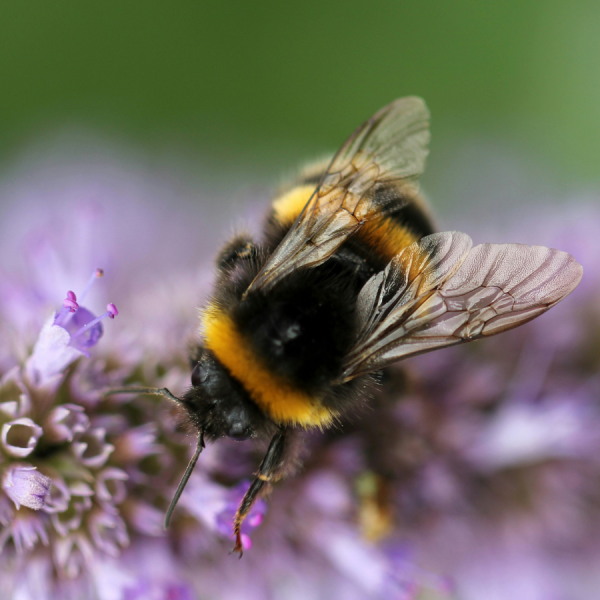
Feb 26, 2025
The complex effects of pesticide exposure on bumble bee health
The effects of pesticide exposure on pollinator health may be more complicated than originally thought, according to a team of researchers in Penn State’s College of Agricultural Sciences who recently published an article on the topic in Biology Letters.
Full Article
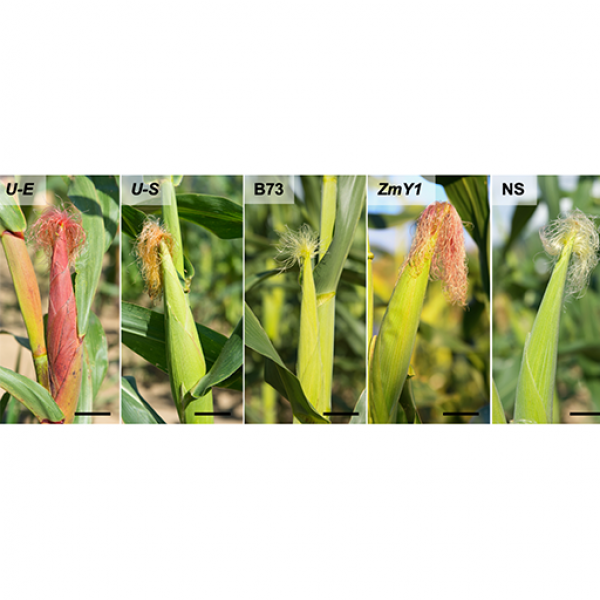
Feb 20, 2025
Select corn lines contain compounds that sicken, kill major crop pest
The compounds, called flavonoids, have an insecticidal effect on corn earworm larvae.
Full Article

Feb 18, 2025
Penn State researchers developing strategies to diminish mushroom phorid flies
The commonwealth, industry and University researchers are partnering to develop integrated pest management solutions.
Full Article
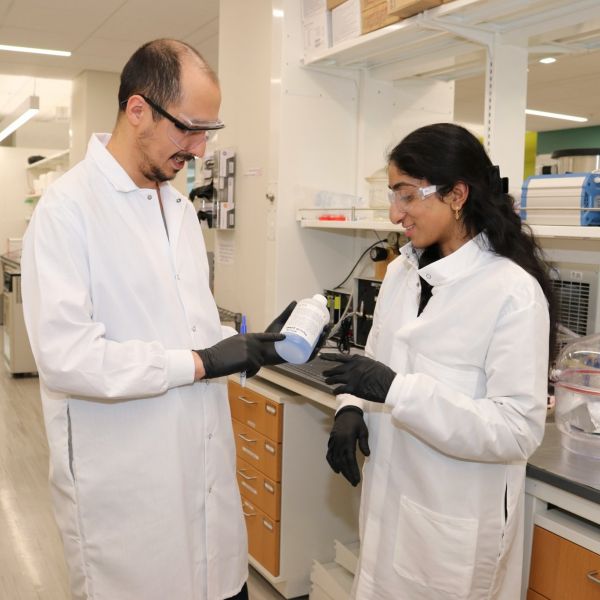
Feb 11, 2025
Sustainable Labs Program increases participant engagement, welcomes new labs
Two upcoming virtual sessions will cover how labs can learn more and join next year’s cohort.
Full Article